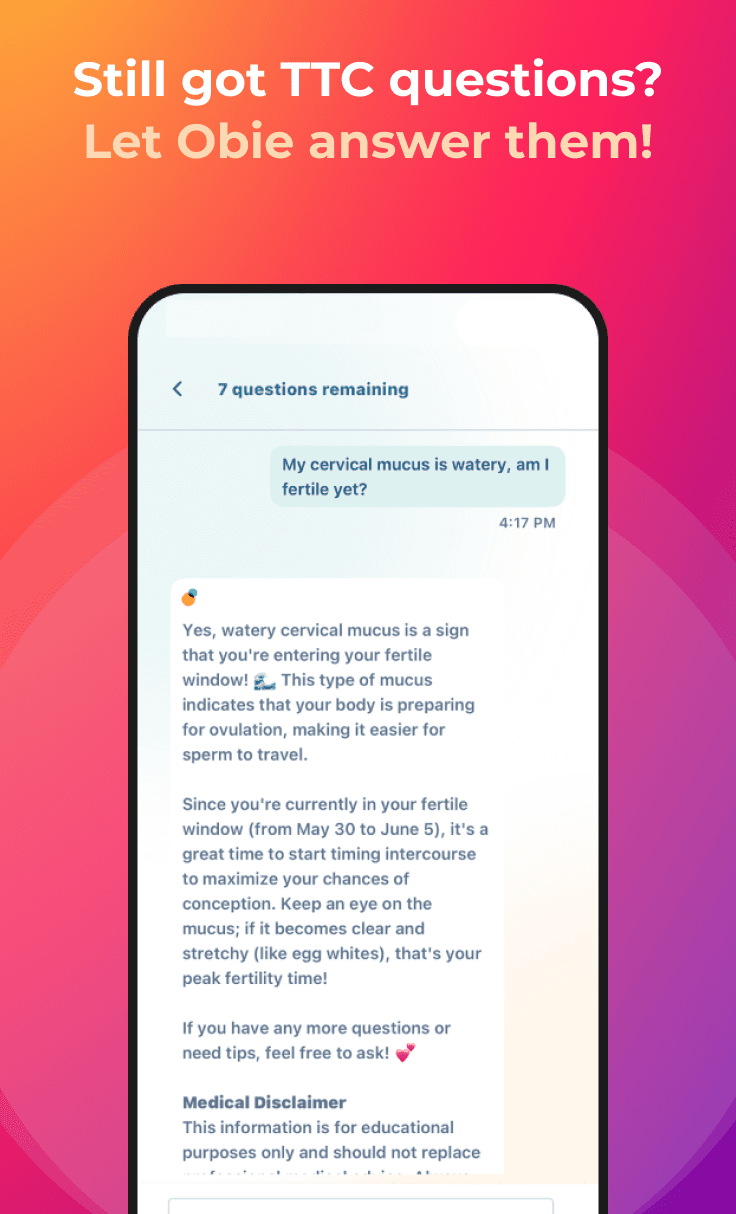Father's Age Influences IUI Success
Fertility and Infertility News
Obie Editorial Team
Women of reproductive age are keenly aware of their ticking biological clocks. Scientific evidence increasingly reveals that men should also be concerned with their advancing age and reproductive health. One of the more recent new discoveries about men, age, and fertility indicates a father’s age influences the success rate of stimulated intrauterine insemination (IUI), one of the most widely used forms of assisted reproductive technologies (ART).
Stimulated intrauterine insemination involves hormone-based stimulation of a woman’s ovaries to produce as many mature eggs as possible during a cycle. At about the time of ovulation, a concentrated collection of sperm is introduced into her uterus, with the expectation of fertilization. Success is measured as a live birth following IUI.
At the Mount Sinai School of Medicine in New York City, Dr. Natan Bar-Chama and his team of researchers launched an extensive study of paternal age and IUI success. The research team examined the records of 18,806 cycles of stimulated IUI, performed at Mount Sinai facilities over an 8-year period.
The impact of paternal age was noted and adjustments were made for standard predictors of success. These adjustments included:
- Maternal age
- Maternal body mass index
- Follicle count
- Levels of follicle-stimulating hormones
The research team discovered paternal age influences the outcome of stimulated IUI in several ways:
- The IUI success rate declined by 20% for each decade of paternal age.
- The success rate started to decline when men were in their 20s.
- Paternal age contributed to a diminishing success rate regardless of the method of stimulation.
The average age of the men in the Mount Sinai study was 38.4 years. The maternal average was 36.4 years.
Some previous studies have documented an age-related decline in semen quality. Others have found that the sperm of older men is less likely to achieve fertilization success when various other forms of ART, including in-vitro fertilization, are employed.
As the result of his study, Bar-Chama recommends discussion of paternal age with patients seeking fertility treatment. In addition to affecting the outcome of ART, paternal age has been linked to a greater likelihood that his children will develop any number of disorders that include autism, attention-deficit disorder, and schizophrenia.
Bar-Chama suggests insights gained from his study could lead to identification of the reasons why paternal age produces a decline in male fertility and what, if anything, can be done to reverse it. “If we can identify modifiable risk factors, we may provide therapies that will be able to counterbalance this observed negative effect of paternal aging on fertility,” he says.
Source” Charnow, Jody A. “Older Paternal Age Reduces IUI Live Birth Rates.” Renal & Urology New. Renal & Urology News. May 19, 2014. Web. Jun 5, 2014.








